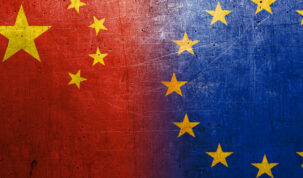The ever expanding Patent Prosecution Highway (PPH) network keeps getting new additions, and as usual, the Awapatent IP Blog sums up the new expansions and arising possibilities.
The PPH is a system of bilateral agreements allowing the request of accelerated examination at a participating office. The system is based on the search results and a set of claims accepted for grant, in an analogous application, at the other participating office.
Most recently, new possibilities of speeding up and simplifying the examination of patent applications have emerged on the South American continent. Namely, the IP offices of the PROSUR countries have signed mutual PPH agreements. The participating PROSUR countries are Argentina, Brazil, Chile, Colombia, Ecuador, Paraguay, Peru and Uruguay. The IP office in the last PROSUR country, Suriname, does not participate.
A request for prosecution under the PPH in a PROSUR country may be based on a national work product from the IP office in any other PROSUR country or a PCT work product from one of the IP offices in Brazil and Chile, both acting as PCT authorities.
For Brazil and Ecuador, however, the final entry into force awaits the approval of the respective relevant ministries.
Finally, it is worth mentioning that the Argentinian, Paraguayan and Uruguayan IP offices are the first IP offices in countries not being contracting states of the PCT system to enter in the PPH network.
Troels Peter Rørdam, European Patent Attorney & Certified Danish Patent Agent




